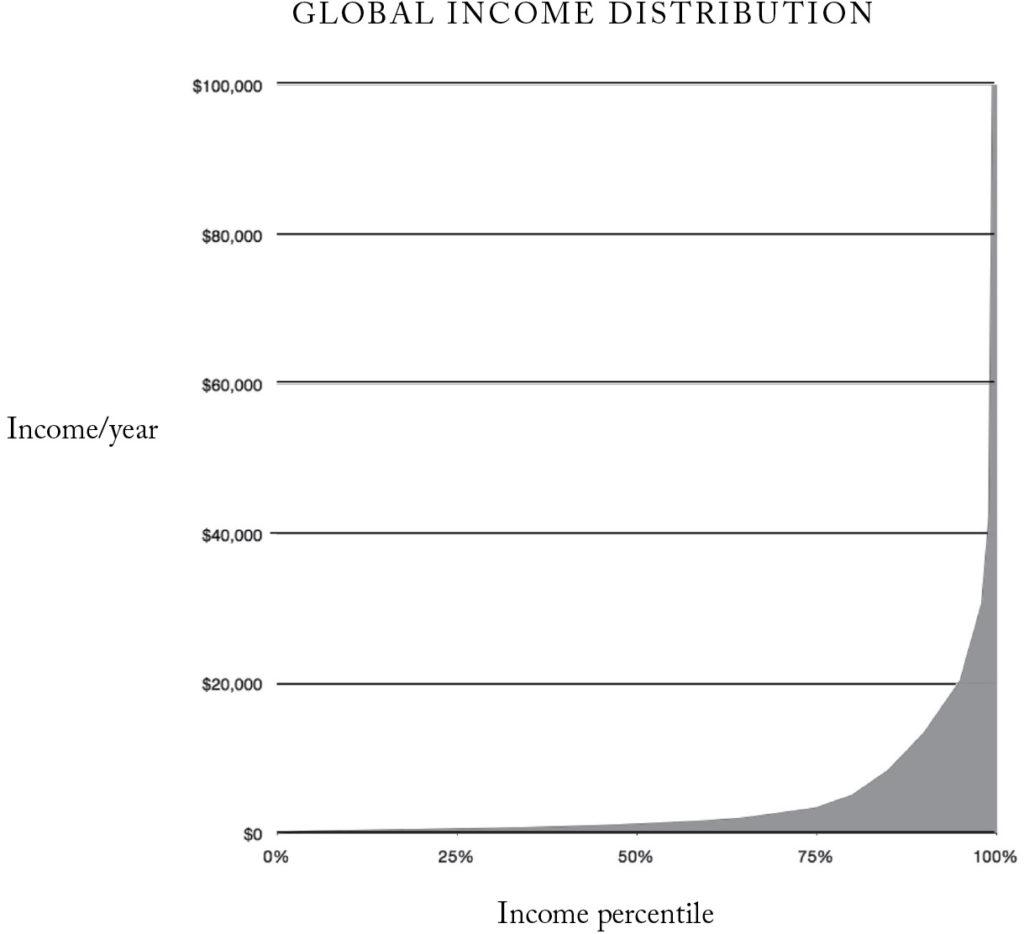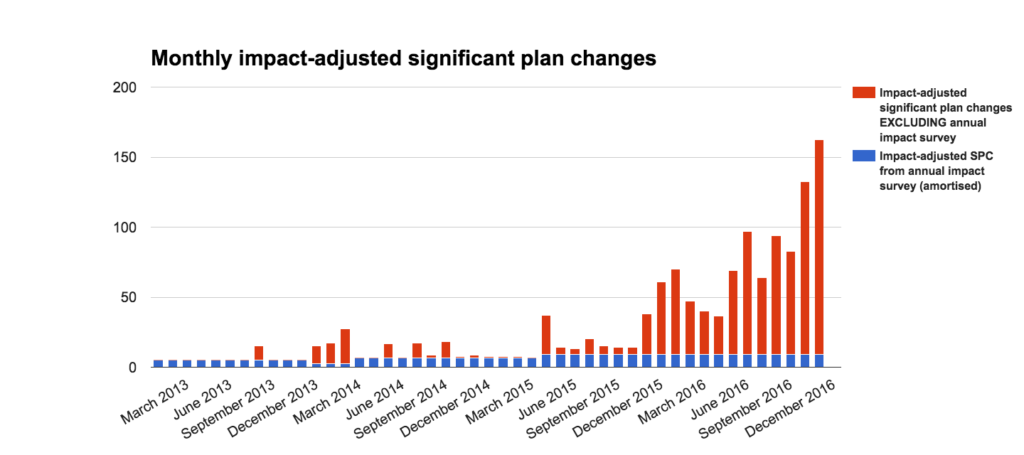#7 – Julia Galef on making humanity more rational, what EA does wrong, and why Twitter isn’t all bad

The scientific revolution in the 16th century was one of the biggest societal shifts in human history, driven by the discovery of new and better methods of figuring out who was right and who was wrong.
Julia Galef – a well-known writer and researcher focused on improving human judgment, especially about high stakes questions – believes that if we could develop new techniques to resolve disagreements, predict the future and make sound decisions together, we could again dramatically improve the world. We brought her in to talk about her ideas.
Julia has hosted the Rationally Speaking podcast since 2010, co-founded the Center for Applied Rationality in 2012, and is currently working for Open Philanthropy on an investigation of expert disagreements.
This interview complements a new detailed review of whether and how to follow Julia’s career path
We ended up speaking about a wide range of topics, including:
- Her research on how people can have productive intellectual disagreements.
- Why she once planned on becoming an urban designer.
- Why she doubts people are more rational than 200 years ago.
- What the effective altruism community is doing wrong.
- What makes her a fan of Twitter (while I think it’s dystopian).
- Whether more people should write books.
- Whether it’s a good idea to run a podcast, and how she grew her audience.
- Why saying you don’t believe X often won’t convince people you don’t.
- Why she started a PhD in economics but then quit.
- Whether she would recommend an unconventional ‘public intellectual’ career like her own.
- Whether the incentives in the intelligence community actually support sound thinking.
- Whether big institutions will actually pick up new tools for improving decision-making if they are developed.
- How to start out pursuing a career in which you also try to enhance human judgement and foresight.

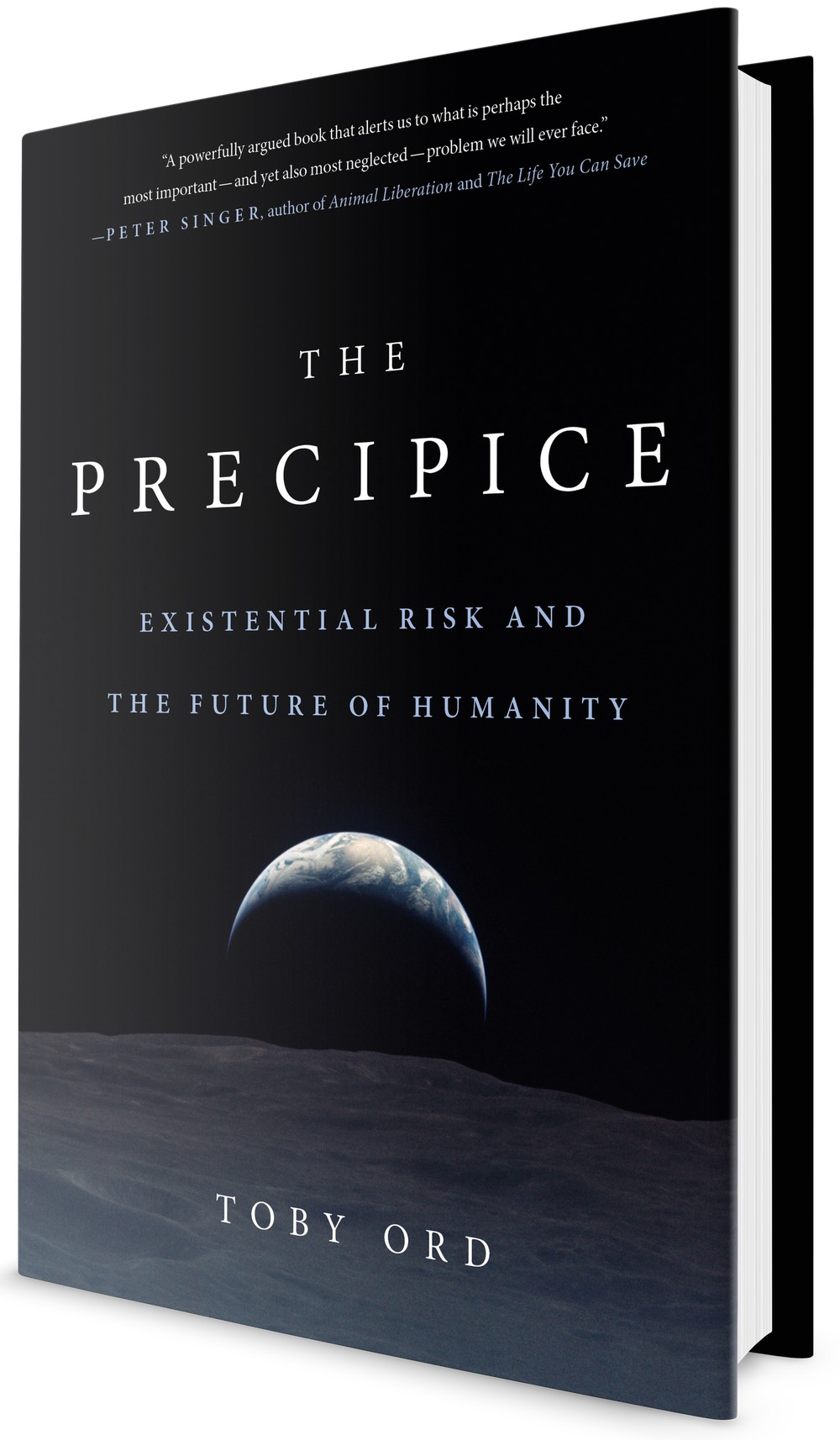




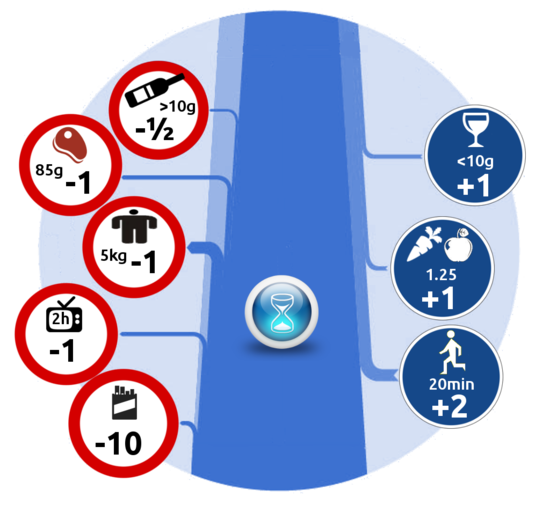

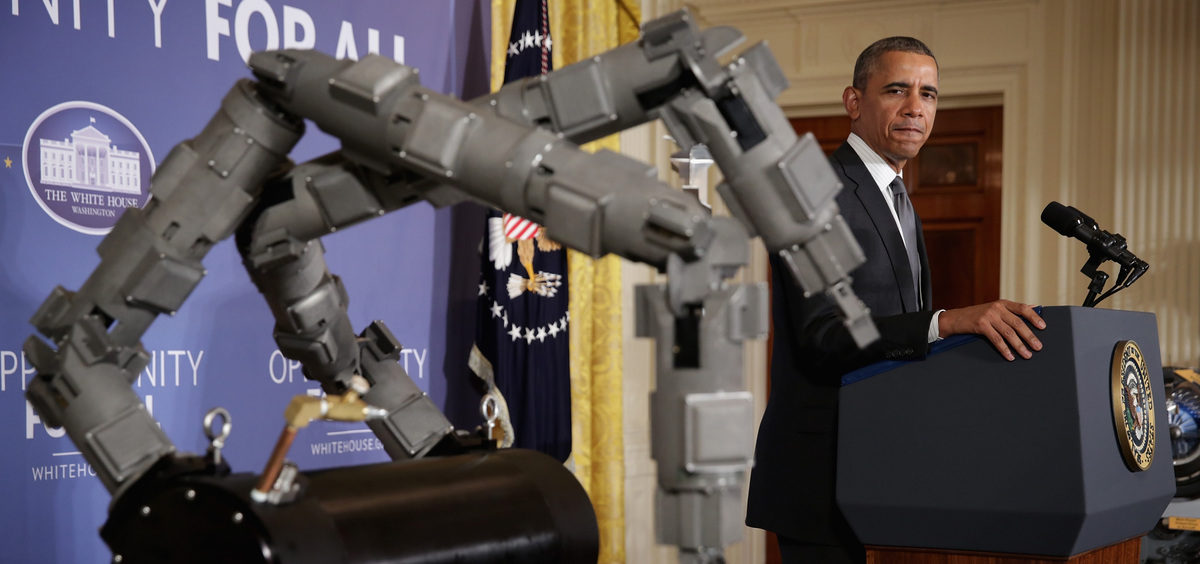


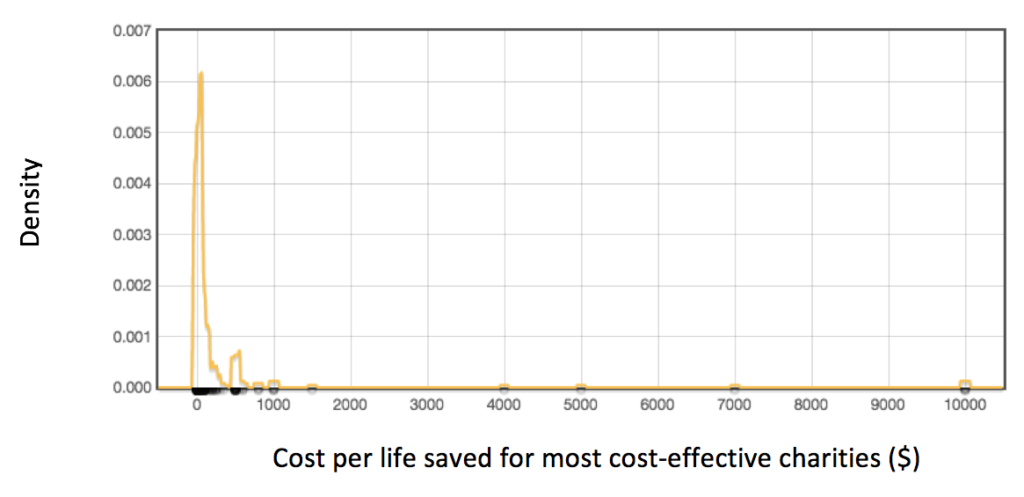
 How much should you believe the numbers in figures like this?
How much should you believe the numbers in figures like this?